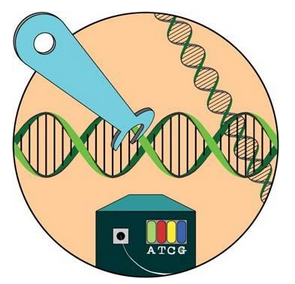Submitted by ETC Staff on

WASHINGTON, D.C. -- The Presidential Commission for the Study of Bioethical Issues released its recommendations on the oversight of synthetic biology, provoking strong criticism from public interest watchdogs for its failure to respond to key environmental and public health risks.
In a letter sent to the commission, 58 environmental, public interest, and religious groups rejected the recommendations as a deeply flawed response to advances in synthetic biology, including the creation this year of the first entirely synthetic organism, that demand strong federal oversight.
In particular, the groups critiqued the recommendations for: ignoring the precautionary principle, lacking adequate review of environmental risks, placing unwarranted faith in “suicide genes” and other technologies that provide no guarantee against the escape of synthetic organisms into the environment, and relying on industry “self regulation,” which is the equivalent of no independent oversight.
“We are disappointed that ‘business as usual’ has won out over precaution in the commission’s report,” said Eric Hoffman, biotechnology policy campaigner for Friends of the Earth. “Self-regulation equates to no regulation. These recommendations give industry a free pass, while failing to ensure that the environment and public health are protected. We need stronger, more transparent regulation for synthetic biology, not less.”
According to Jim Thomas, program manager for the ETC Group, and one of the experts who testified before the commission, “In framing their recommendations the Presidential Commission has not treated seriously the threats synthetic biology poses to the environment and the impact this technology will have on communities in the Global South. The recommendations do not adequately address the impact escaped synthetic microbes will have on ecosystems or address at all the impact synthetic biology will have on land use changes by allowing all types of biomass to be used as feedstocks for these synthetic microbes to produce fuels, chemicals, and plastics for wealthy nations.”
“The President’s Commission is relying on suicide genes as a way to ‘contain’ synthetic organisms but this technology cannot guarantee any level of environmental safety,” said Andrew Kimbrell, president of the International Center for Technology Assessment. “The precautionary principle must be implemented for the oversight of this new technology whose risks are impossible to predict. Once synthetic organisms escape into the environment, they will be impossible to clean up.”
| Attachment | Size |
|---|---|
| 96.93 KB |
